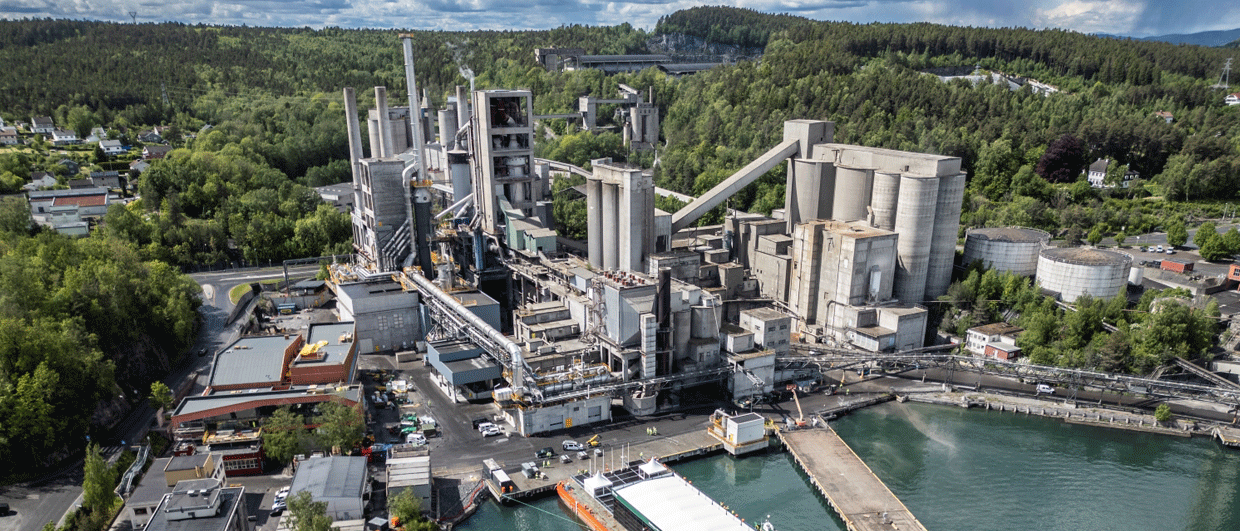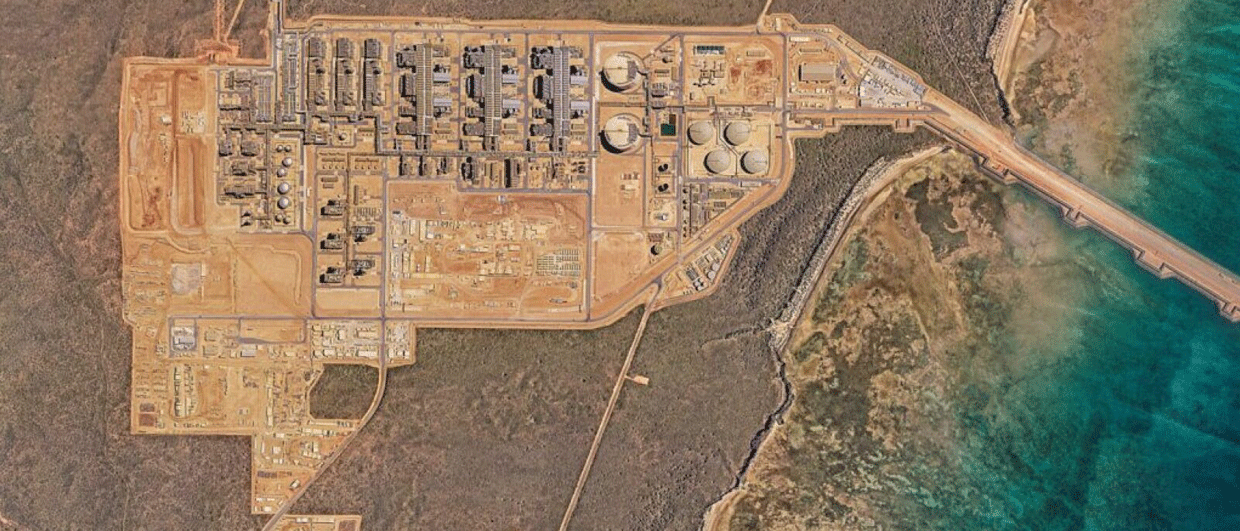If you are a big emitter of carbon, then reaching net zero means investing in carbon offsets – in the short term at least. By carrying on emitting in one place, runs the thinking, you have to show that you are invested in helping to remove or reduce carbon in another. Think rainforests and renewable energy and you begin the get a picture of why offsets have become so important along the road to low carbon transition.
It’s perhaps no surprise that oil and gas companies around the world have become big players in the offset market. They have the buying power to invest – more so in recent weeks as the oil price recovers – and they have the clout – the sheer market muscle – to ensure that offsets deliver additional carbon reduction or avoidance.
And there lies the rub as governments and market sectors feel their way towards credible net zero projects. Is a burgeoning voluntary carbon market able to deliver enough legitimate offset projects? “The ability to remove and store carbon from the atmosphere is limited by the amount of land and energy available to do it, both of which are resources already under severe pressure ” says Jim Elliott of the Green Alliance, a UK-based lobby group. While support for nature-based solutions like additional tree planting and forestry protection are welcome, he says, they should not be seen as a short-term fix in place of more costly engineered carbon removals. In other words clean up your own backyard before looking to save the world elsewhere.
Oil and gas majors would argue that there is scope for doing both. BP Target Neutral, for example, claims that by the end of 2018 it had helped customers offset nearly 4 million tonnes of emissions. Projects in India, Mexico and China will be supported by BP Target Neutral this year, all of which have been independently verified as bringing about additional carbon reduction and removal, says the company.
Another objection put forward by Jim Elliott and others is that early movers like BP are locking up the cheapest forms of carbon removal for years to come. Thus, as offset demand booms so the price of investing in an Indian solar energy project grows. As renewable energy projects become more viable and offer better returns, so investors pile in – regardless of the carbon credits on offer. No wonder former Bank of England Governor Mark Carney has called for new carbon offset markets while also urging companies to use offset as a complement to carbon reduction in the core business. BP for one would surely agree.






